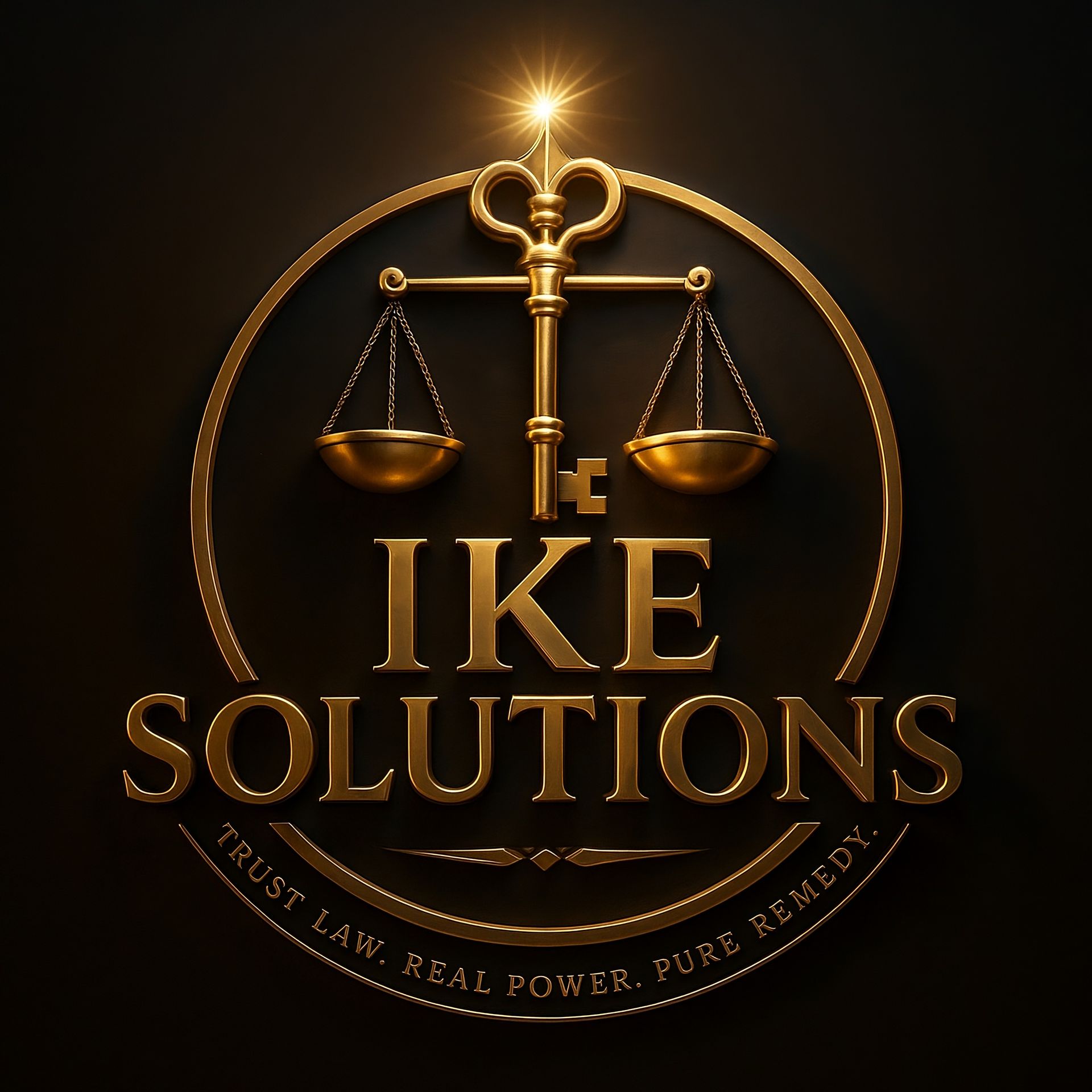How to Navigate Trust Strategies for Long-Term Financial Security
Understanding Trusts: A Foundation for Financial Security
Trusts are powerful financial tools used to secure long-term financial stability and protect assets. They offer a structured way to manage wealth and provide numerous benefits, including reducing estate taxes and protecting assets from creditors. However, navigating trust strategies can be complex, requiring a solid understanding of their mechanisms and purposes.
In essence, a trust is a legal arrangement where one party, known as the trustee, holds assets on behalf of another party, the beneficiary. By setting up a trust, individuals can specify how and when their assets will be distributed, ensuring their financial goals are met even after they are no longer around.

Types of Trusts and Their Benefits
Trusts come in various forms, each serving different purposes. Some of the most common types include:
- Revocable Trusts: These allow the grantor to retain control over the trust assets and make changes as needed. They are often used for estate planning to avoid probate.
- Irrevocable Trusts: Once established, these cannot be easily modified. They offer tax advantages and protection from creditors.
- Charitable Trusts: These are designed to benefit charitable organizations while providing tax deductions for the grantor.
Each type of trust has unique benefits, making it essential to choose the one that aligns with your financial objectives and circumstances.
Setting Up a Trust: Key Considerations
When establishing a trust, several factors must be considered to ensure it serves its intended purpose effectively. Begin by clearly defining your goals and identifying the assets you wish to include in the trust. This step will guide the selection of the appropriate type of trust and its structure.
It's crucial to select a reliable trustee who will manage the trust according to your wishes. This could be a trusted individual or a professional fiduciary, such as a bank or trust company. Additionally, consider the potential tax implications and legal requirements associated with trust creation in your jurisdiction.

Managing Trusts Over Time
Once established, it's vital to regularly review and manage your trust to ensure it continues to align with your financial goals. Life events such as marriage, divorce, or the birth of a child may necessitate adjustments to the trust's terms or beneficiaries. Regular check-ins with financial advisors and legal experts can help keep your trust relevant and effective.
Maintaining transparency with beneficiaries about the trust's purpose and terms can also help prevent misunderstandings or disputes in the future. Open communication fosters trust and ensures that all parties are aligned with the trust's objectives.
Leveraging Trusts for Generational Wealth
Trusts are not only about securing immediate financial security but also about building generational wealth. By creating a well-structured trust, you can ensure that your assets are preserved and passed on to future generations efficiently.
This approach involves strategic planning to minimize estate taxes and protect assets from potential risks. A thoughtfully designed trust can provide educational opportunities, support entrepreneurial endeavors, and safeguard family wealth for years to come.

The Role of Professional Guidance
Navigating trust strategies can be daunting without expert assistance. Engaging with financial advisors and estate planning attorneys can provide invaluable insights into crafting a trust that aligns with your specific needs and goals. These professionals can help you understand complex legal jargon, tax implications, and the intricacies of managing a trust over time.
Ultimately, their expertise ensures that your trust is structured correctly and operates smoothly, providing peace of mind that your financial legacy is secure.
Conclusion: Building a Secure Financial Future
Trusts are versatile instruments that offer numerous benefits for long-term financial security. By understanding the different types of trusts, considering key factors in their setup, and seeking professional guidance, you can create a robust strategy that protects your assets and supports your legacy goals.
Whether you're looking to minimize taxes, protect assets from creditors, or ensure your family is provided for, trusts offer a reliable path to achieving these objectives and securing your financial future.
